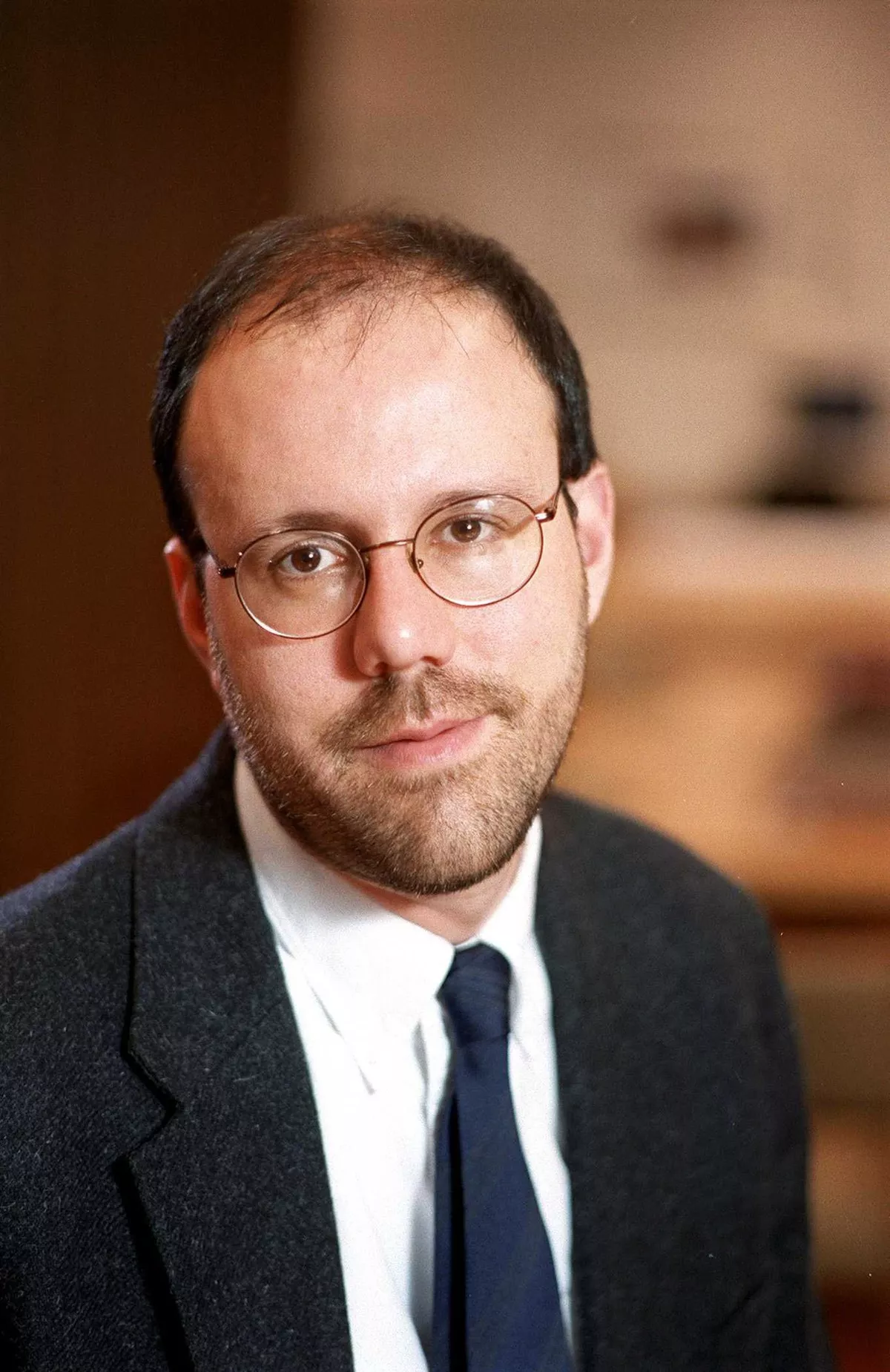 1.
1. Michael Robert Kremer was born on November 12,1964 and is an American development economist currently serving as university professor in economics at the University of Chicago and director of the Development Innovation Lab at the Becker Friedman Institute for Research in Economics.